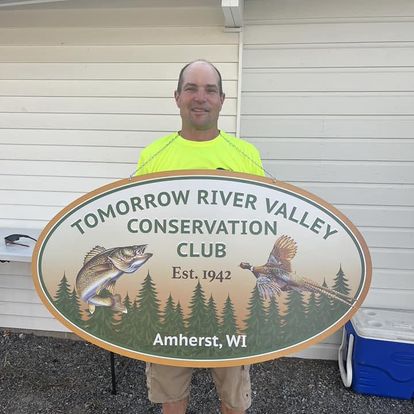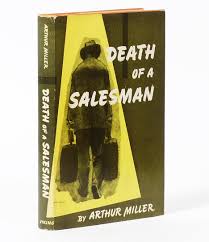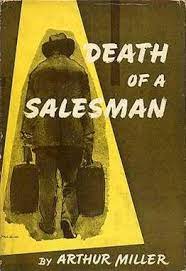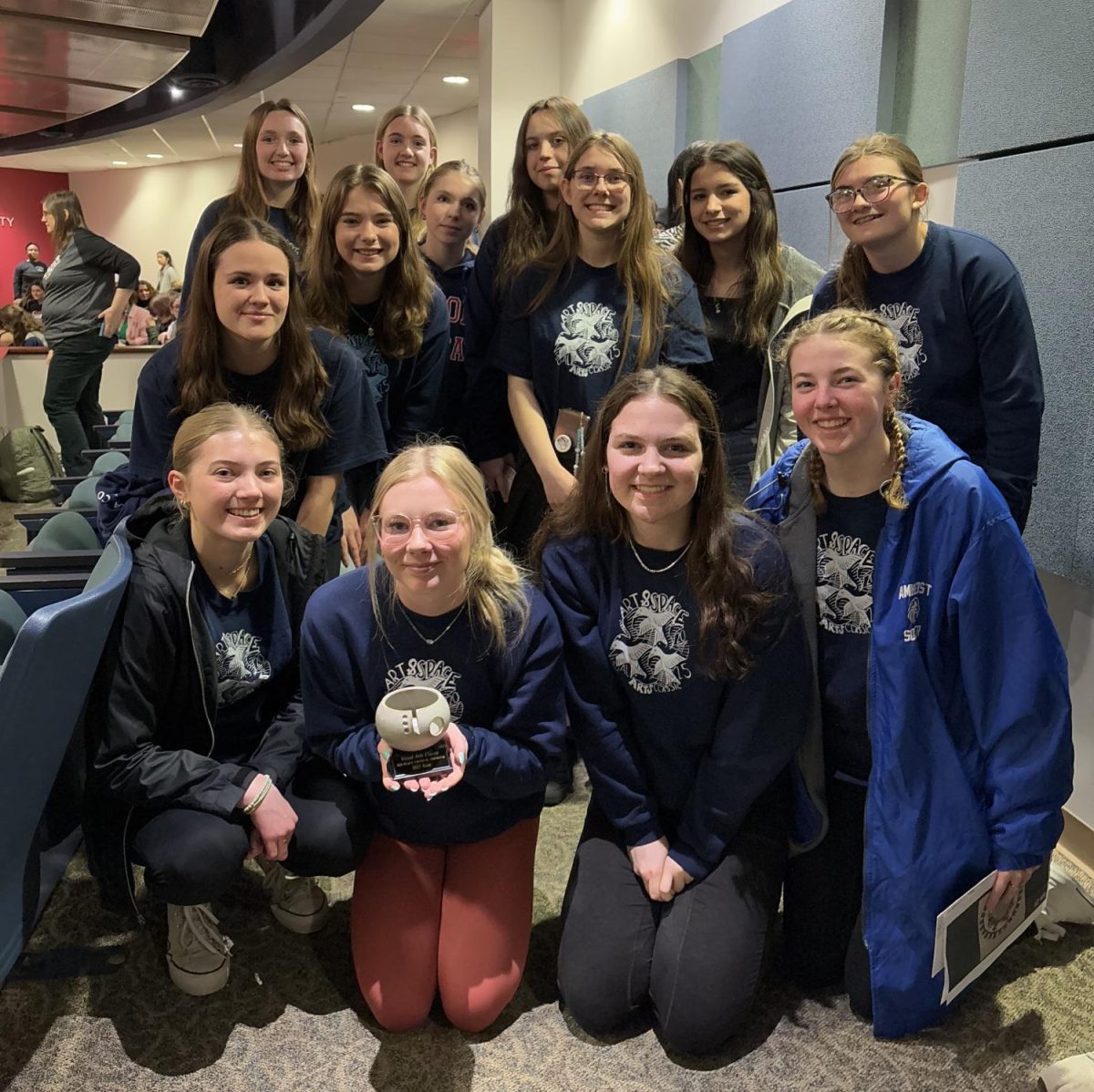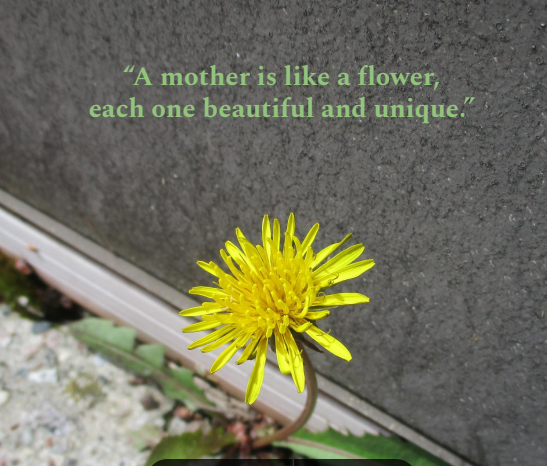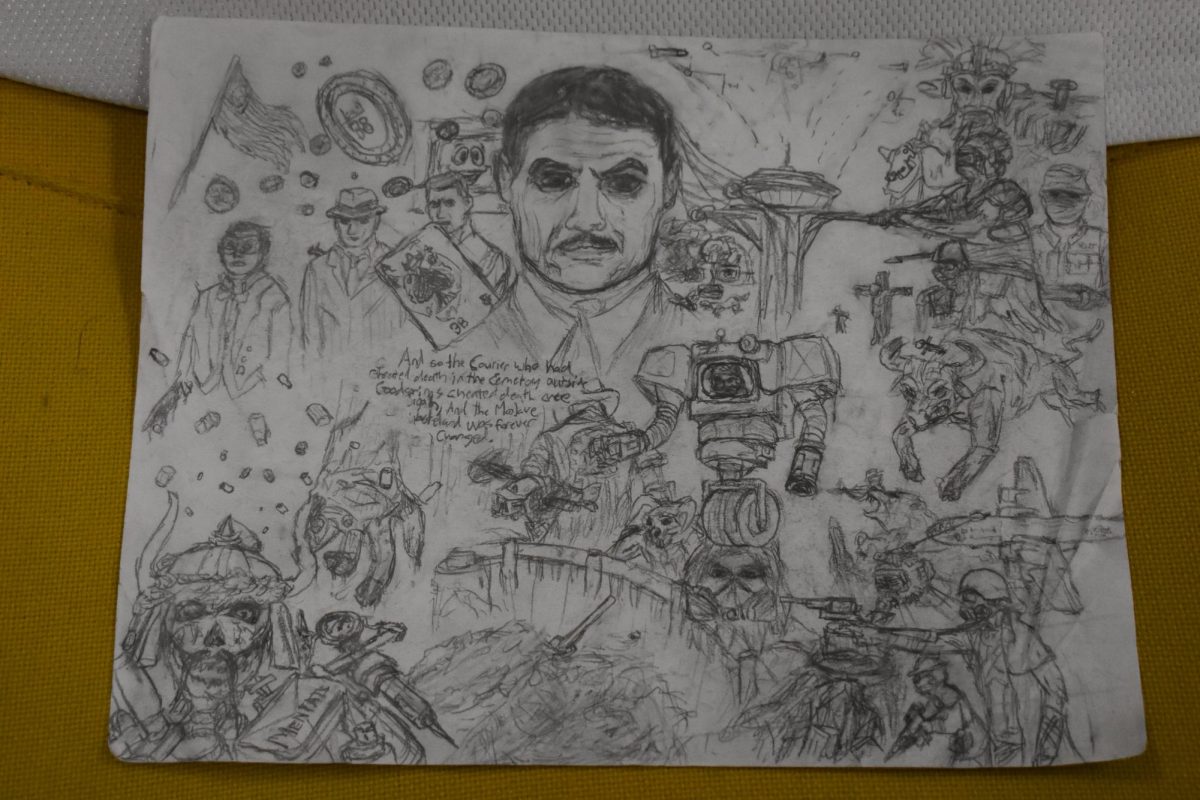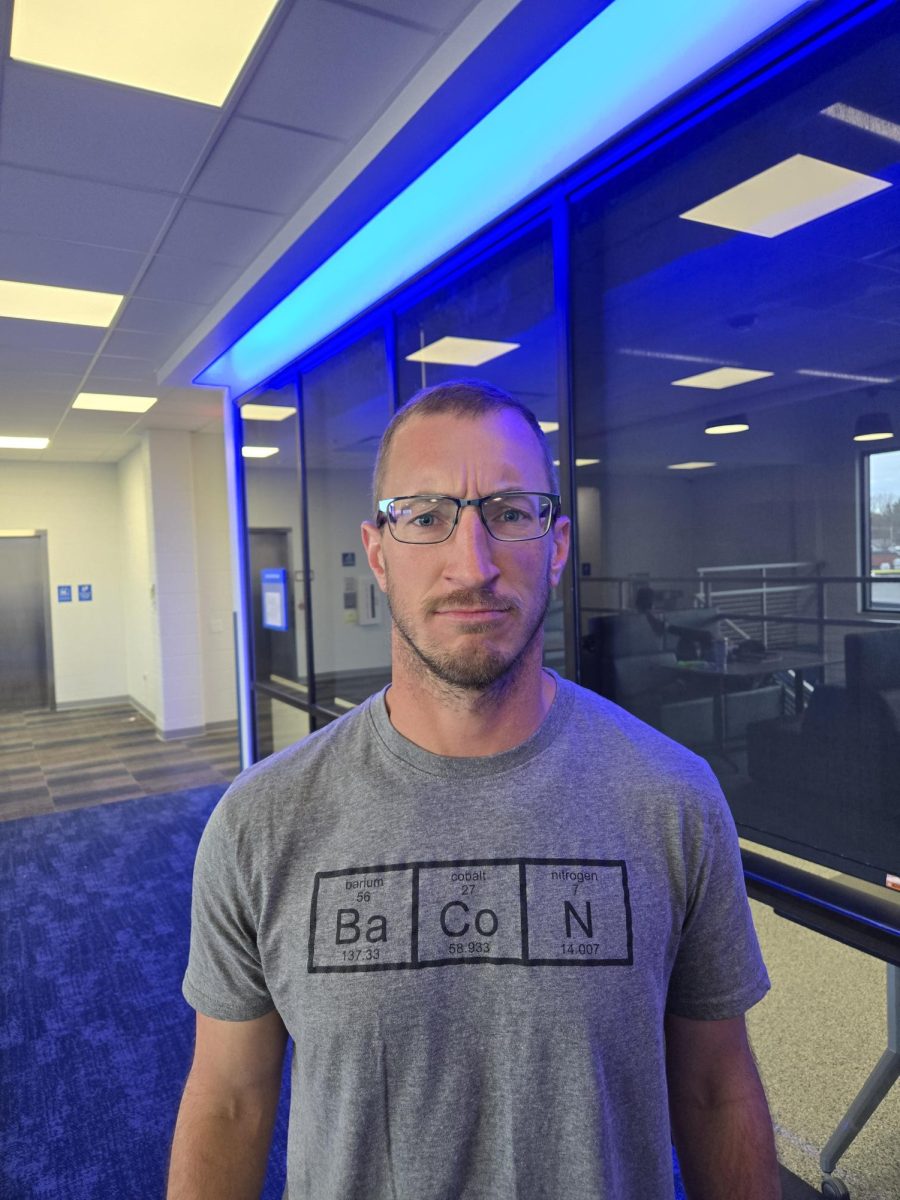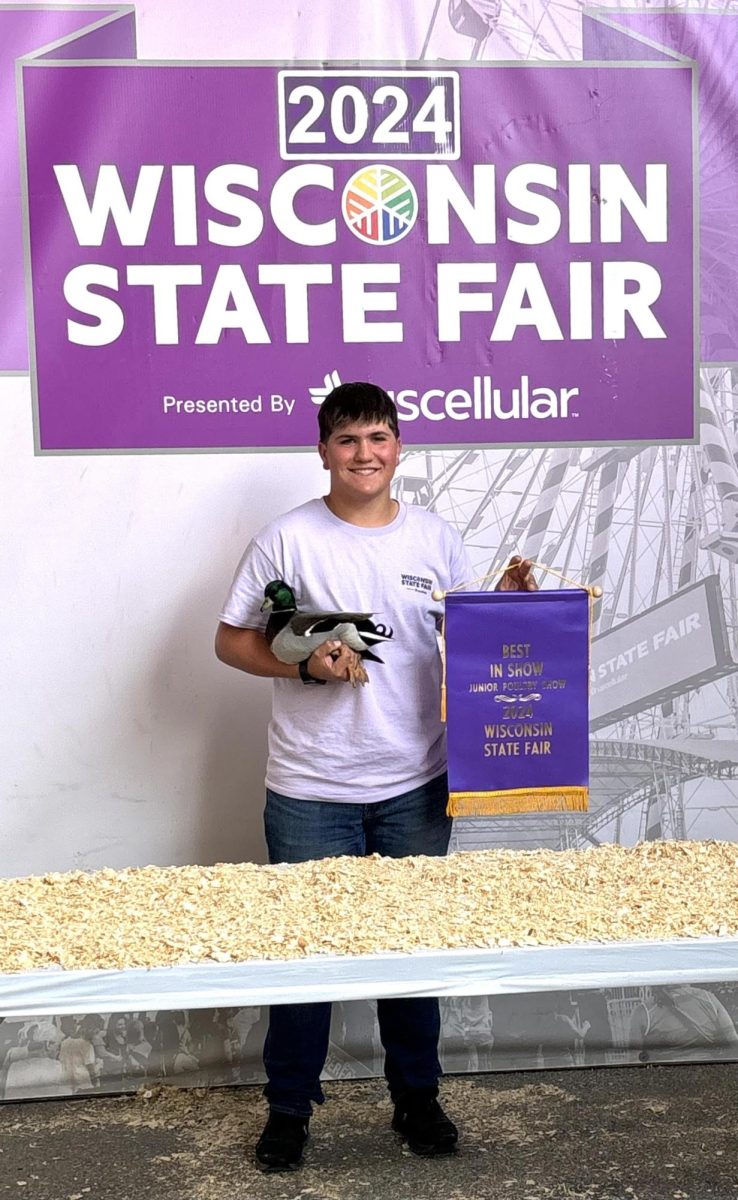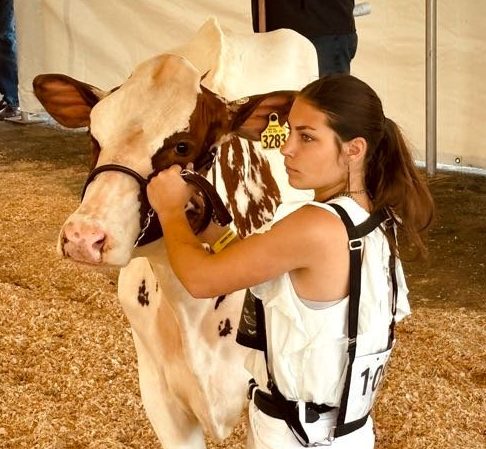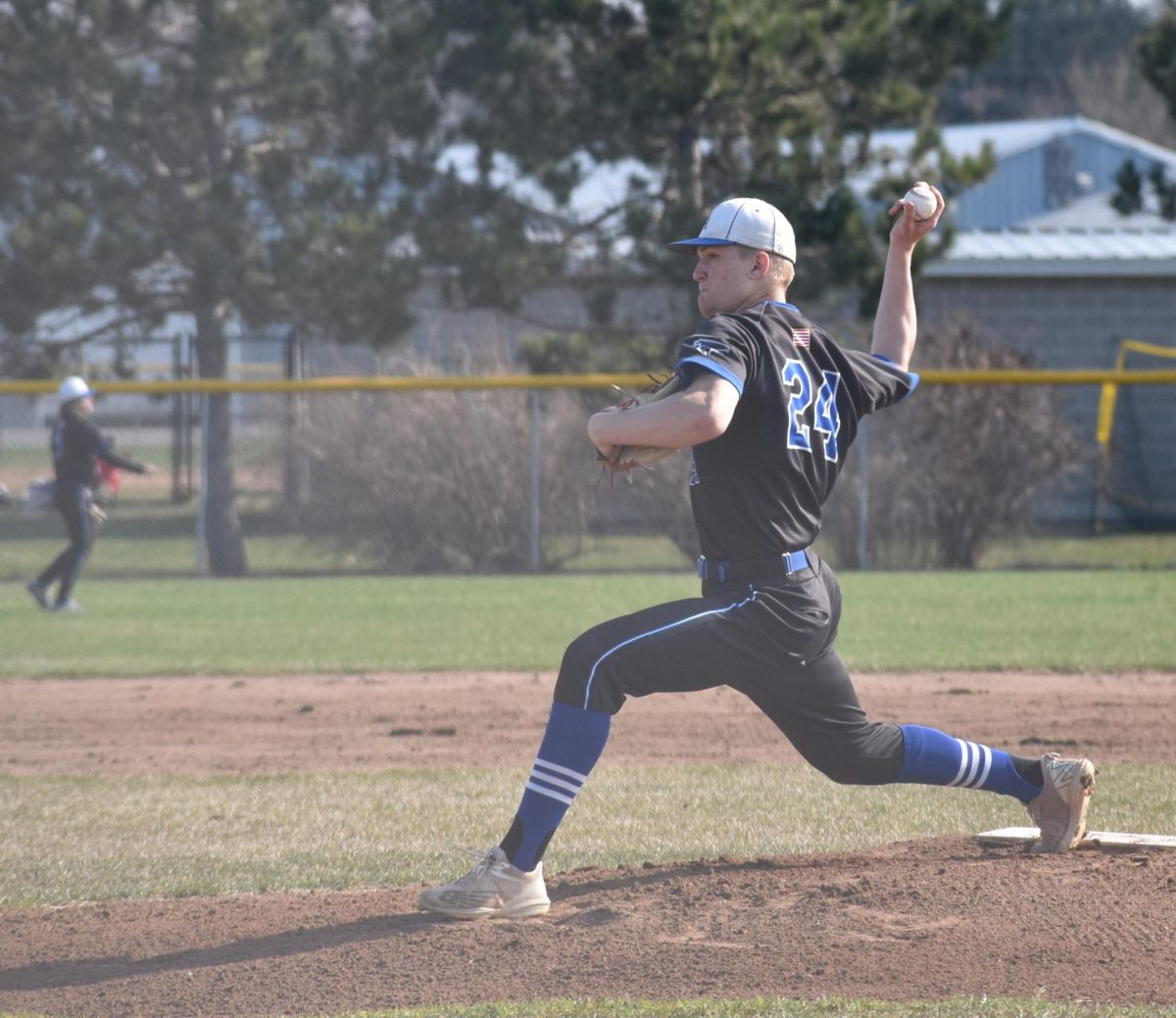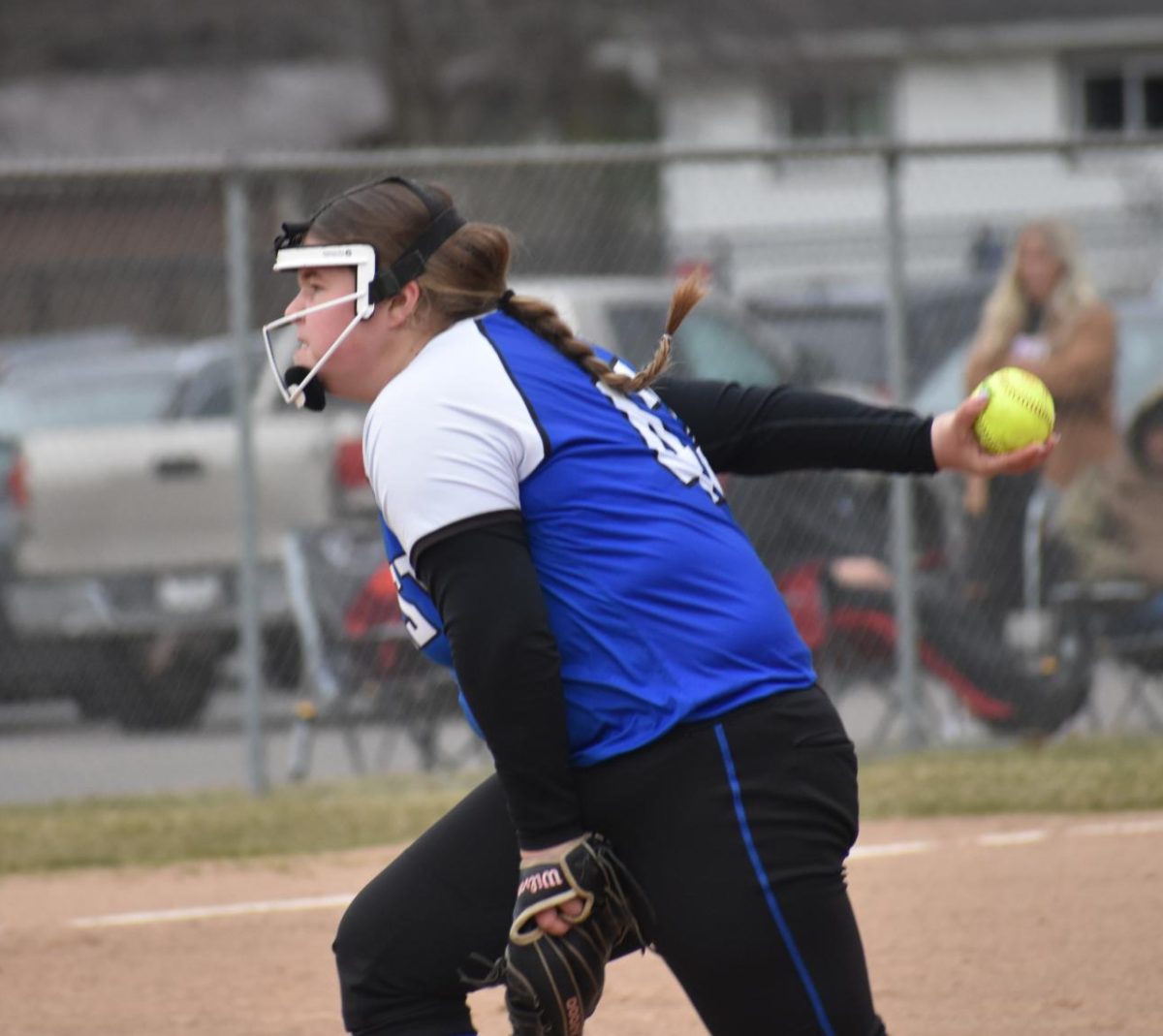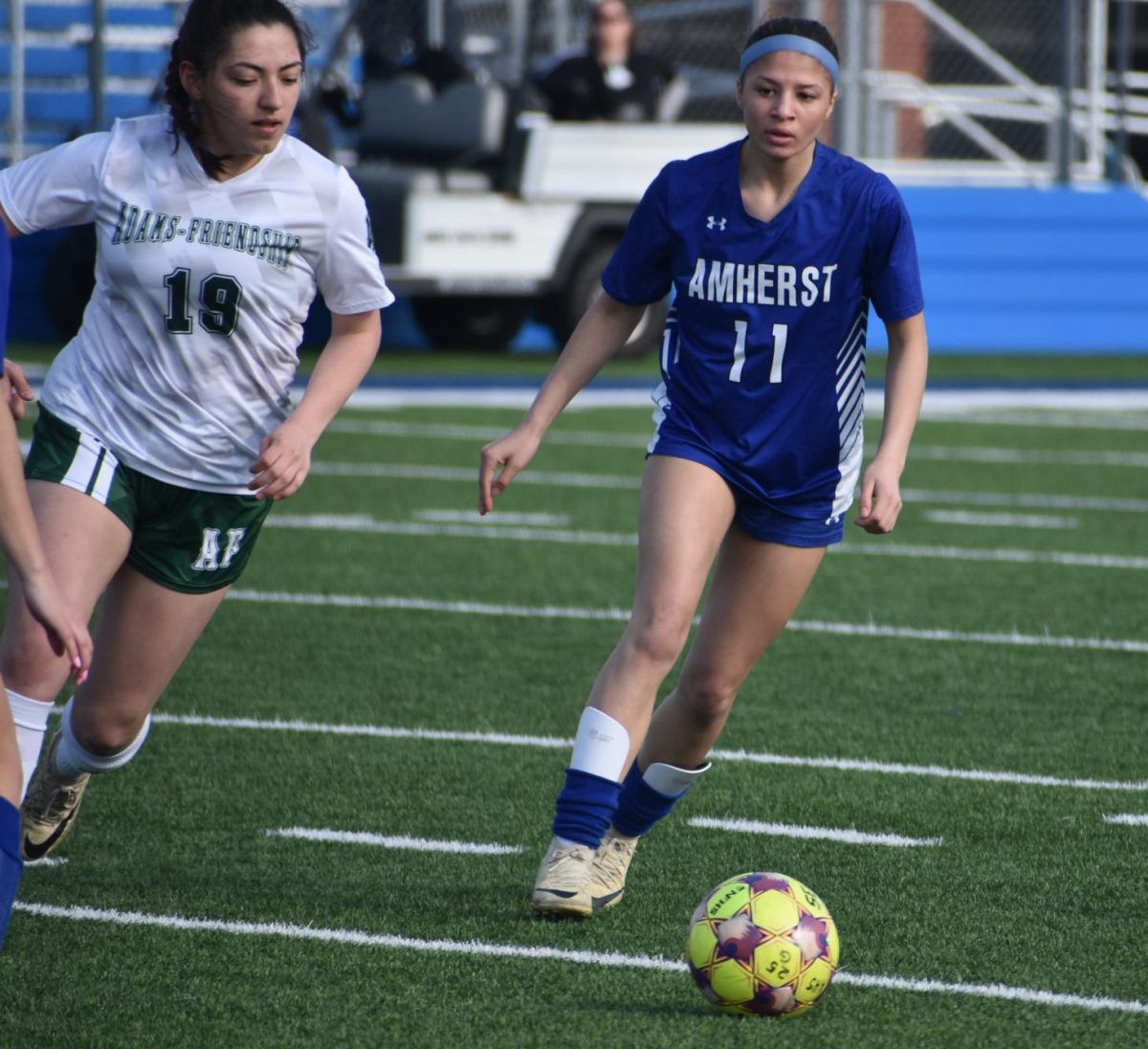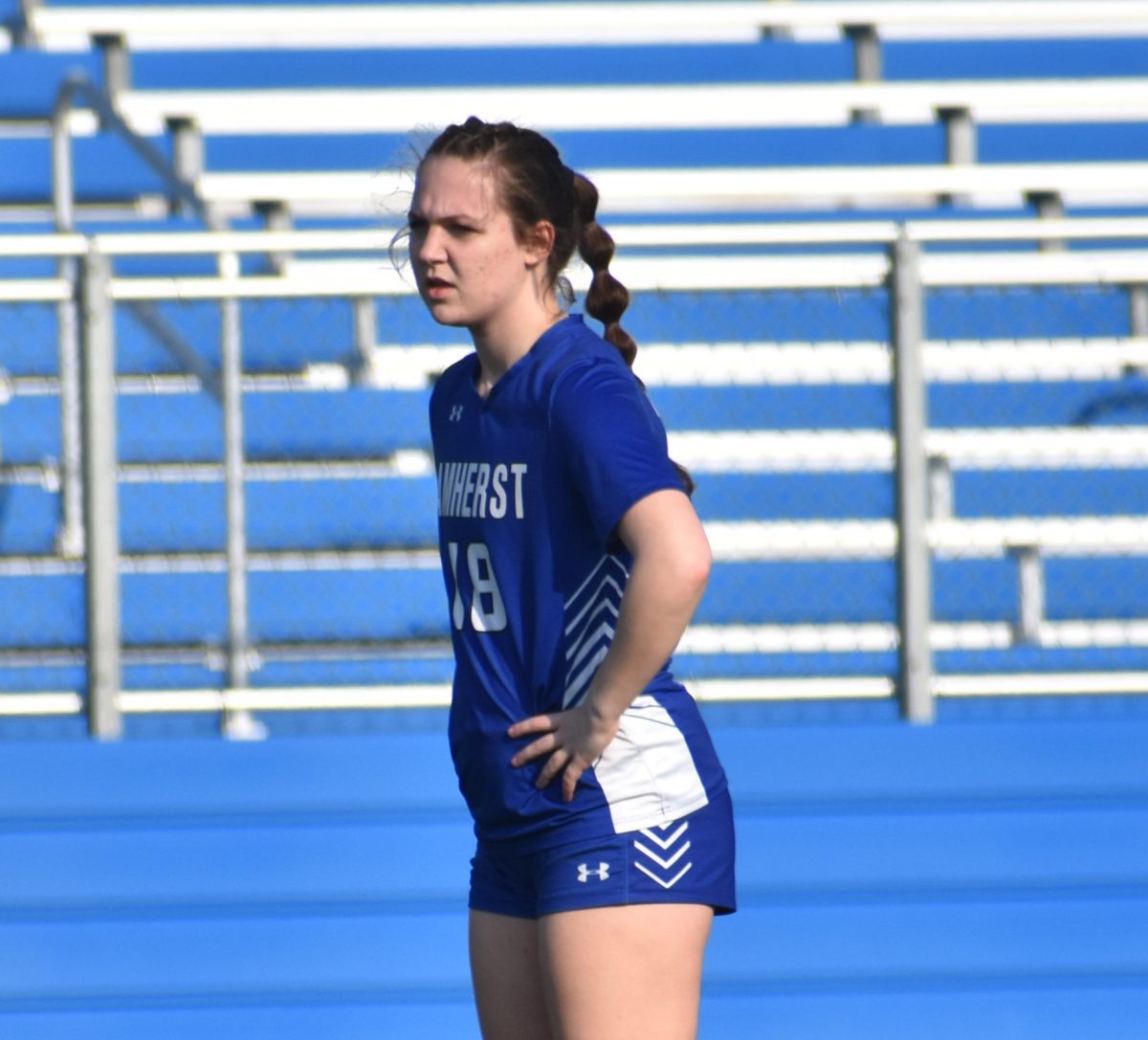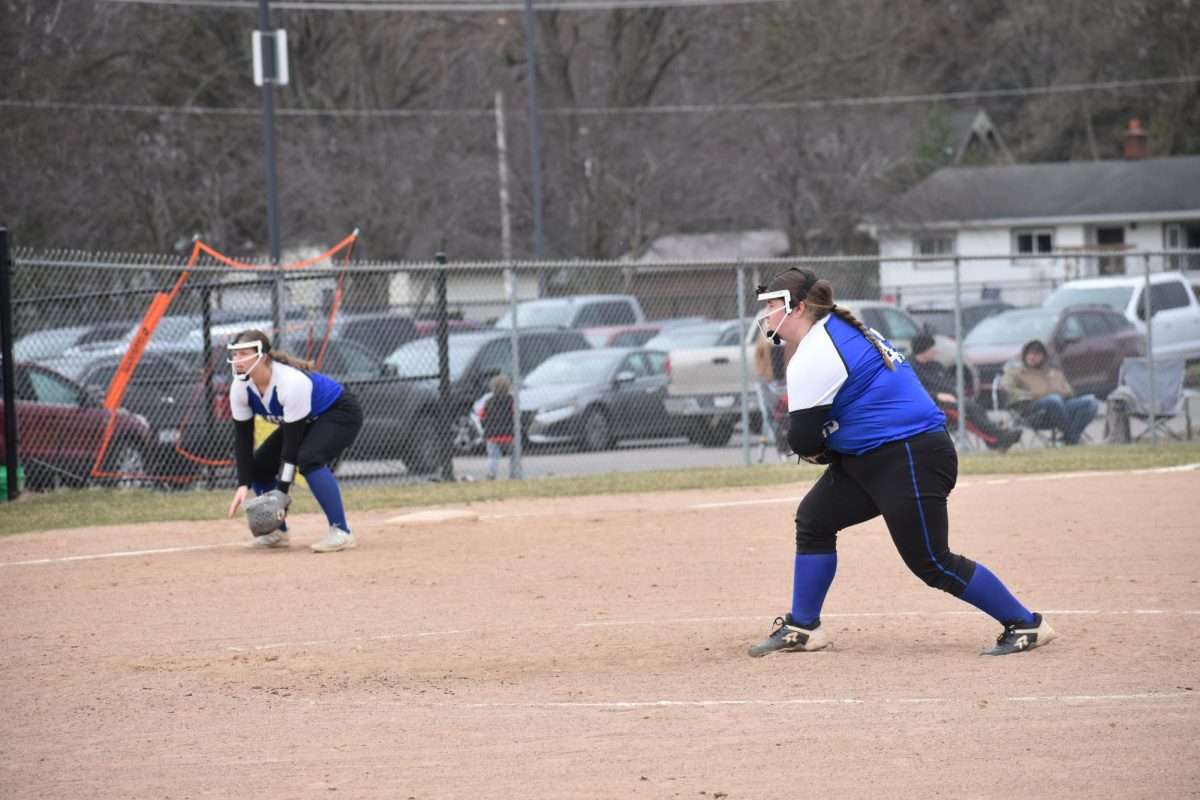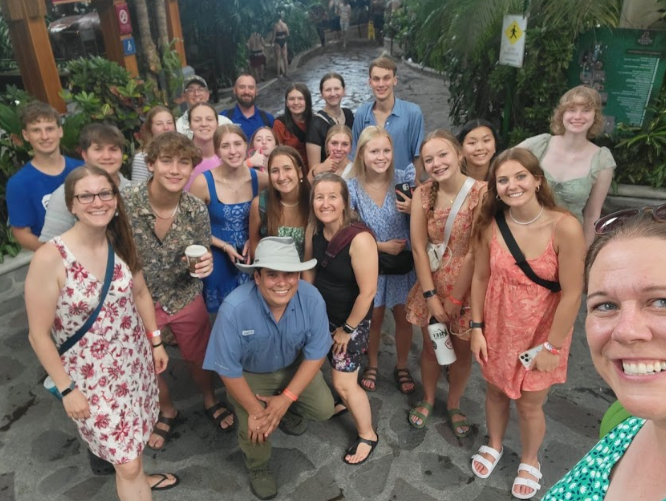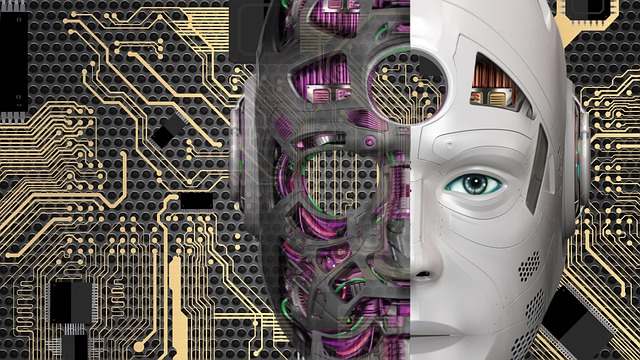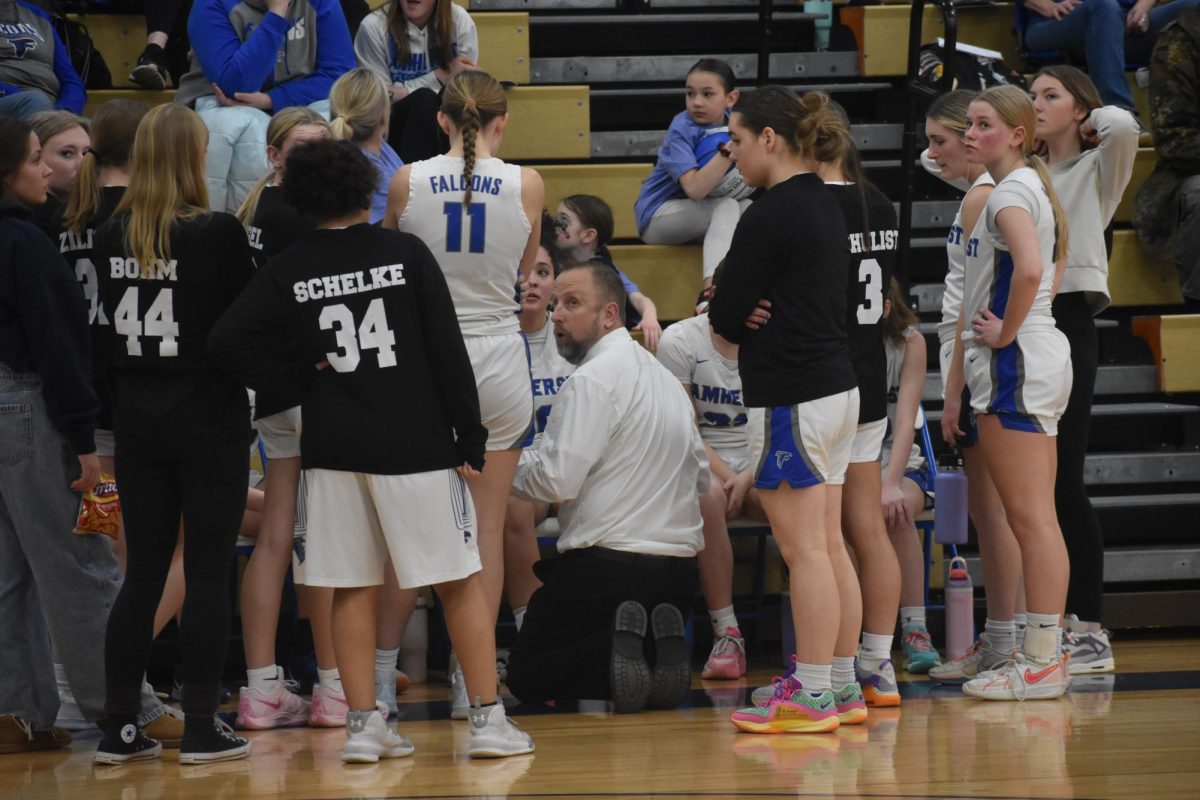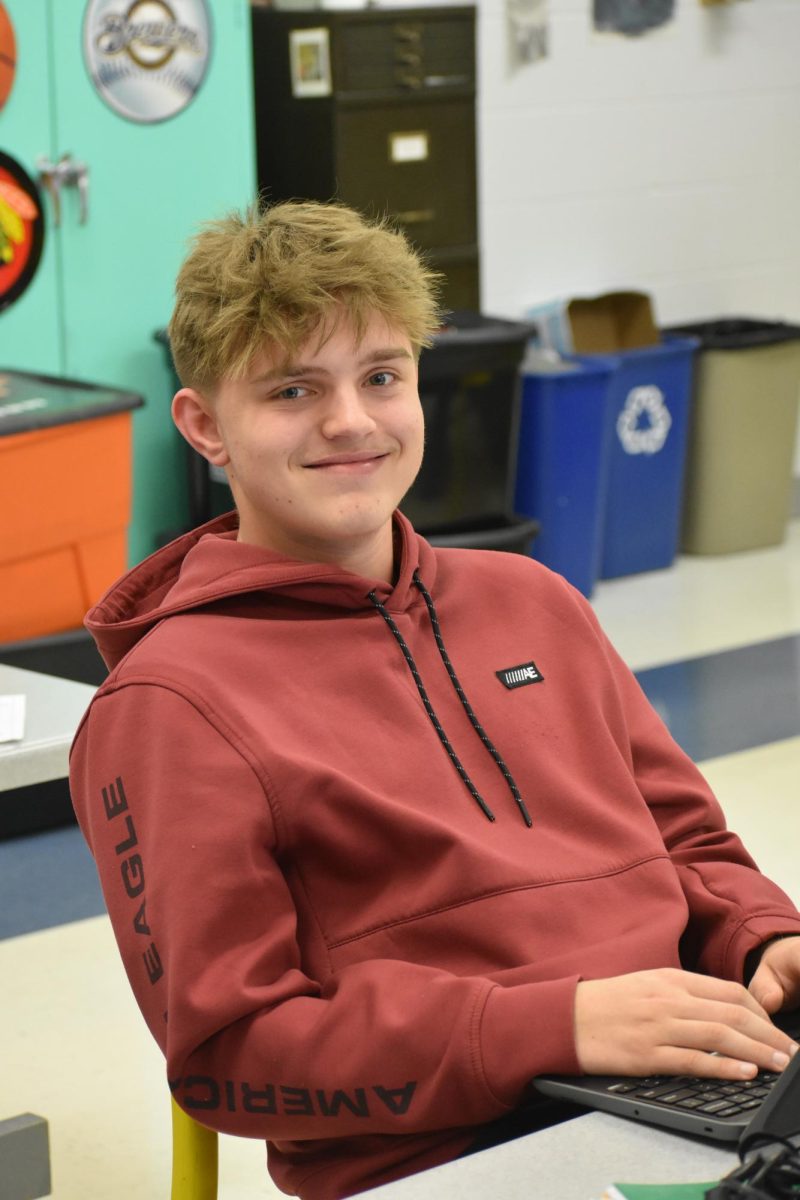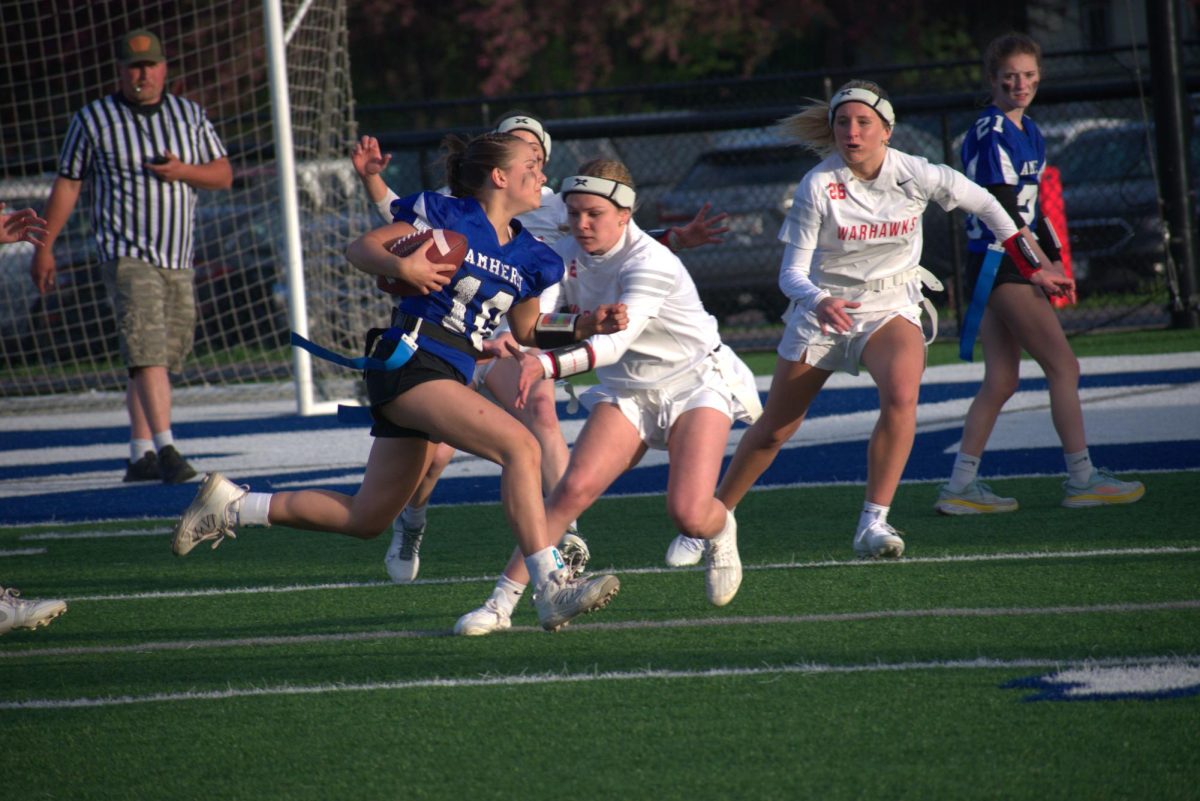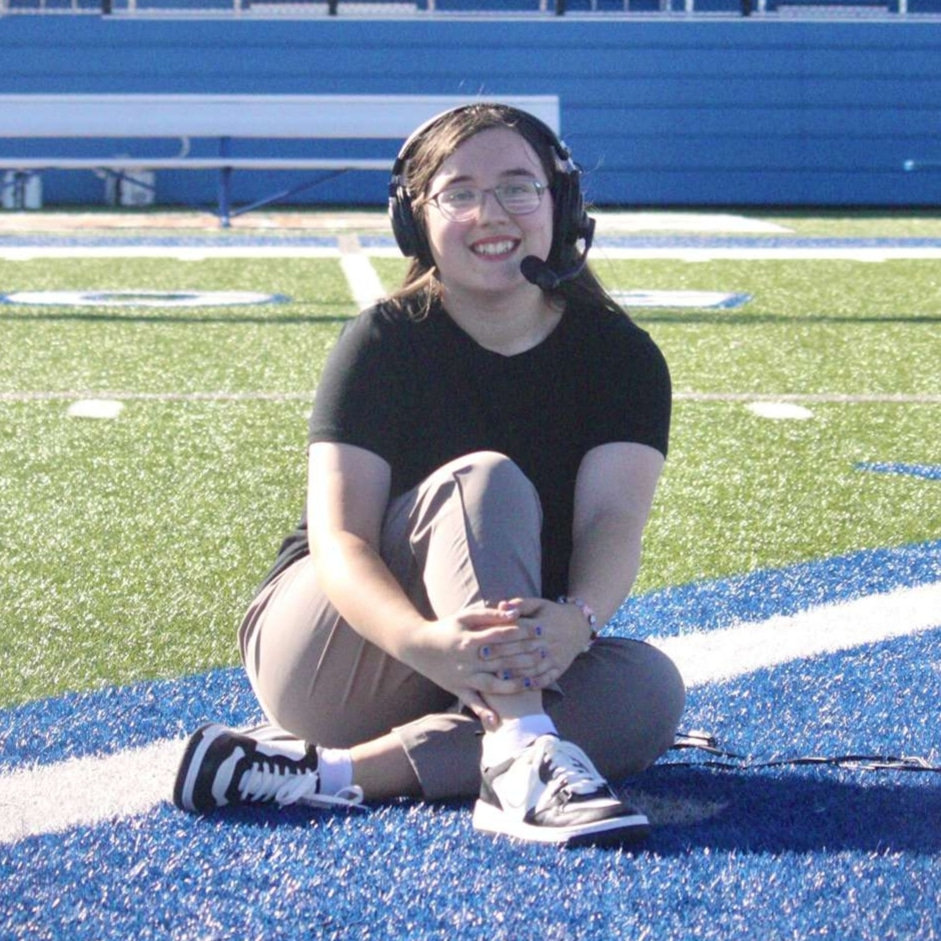At the young age of 11, I became extremely ill and rushed to urgent care. The urgent care nurse immediately knew what was wrong: extreme ketoacidosis. The nurse swiftly inserted IV’s, then rushed me to a nearby ambulance. With lights flashing and siren blaring, the ambulance quickly arrived at Marshfield and I was administered into children’s pediatrics where I spent the next nine nights of my life.
After my condition stabilized, the doctors and nurses began to explain to me what exactly this new life meant as a Type One Diabetic. The healthy, fit, active kid, now a diabetic.
Life as I knew it turned upside down, normal was no longer normal. But I adapted. I learned how the human body functions, what certain foods do to the body, how to take care of myself, and how to continue on with life despite challenges and any adversity I am met with. After all, there is no prevention, and no cure. Knowing there’s no escaping the life of needles, medicine, and constant 24/7 care is a very challenging mental block that I thought would never pass. As I got older and became more mature, I quickly realized that this is something I can manage while continuing to live my life just how I would any time before. Although life as a diabetic is a challenge, it has totally transformed my life in more positive ways then I will ever truly know.
It isn’t all bad. Some important lessons were learned that have helped me to become a better person. Diabetes has drawn out a constant urge to learn more about how the human body functions. Having a constant urge and striving to learn more has brought out curiosity in pursuing a career in the medical field. The medical field provides an endless amount of opportunities for me to explore, learn more, and most importantly, help people. Alleviating suffering is one of my main goals in life. Knowing how much having an outstanding doctor can change someone’s life drives me to become one.
As someone who is constantly in and out of checkups and blood work, I can say just how much a good doctor can change not only your health, but your perspective. Before I developed a real and personal connection with doctors and medical staff, I was lost as a patient and a person. I couldn’t quite grasp the idea of why, of all people, I had to be the one who got diabetes. By developing a personal connection with my doctor, I began to understand that this is not my fault. The stereotype of diabetes is one of individuals
who are overweight, unhealthy, and undisciplined. Although a small percent of diabetics meet this stereotype, it could not be further from the truth. Type One Diabetes is a genetic disease resulting in pancreatic failure causing the body to stop producing its own insulin. Since 2017, over 1.6 million Americans have been diagnosed with Type One diabetes, including 187,000 children. This fuels my desire to find a cure and make life easier for the millions living with this uncontrollable illness.
As college fast approaches, I continue to advance my knowledge in human health by studying all the odd, yet fascinating ways the human body functions, adapts, and even makes mistakes. The new knowledge continues to solidify my goal of pursuing a career in the medical field. Make no mistake about it, diabetes has its challenges, but it brings me many new opportunities to learn and expand my medical knowledge. Despite all the daily obstacles it throws at me, I am almost thankful it has led me to a career path that will allow me to help people and make a lasting impact in their lives.



